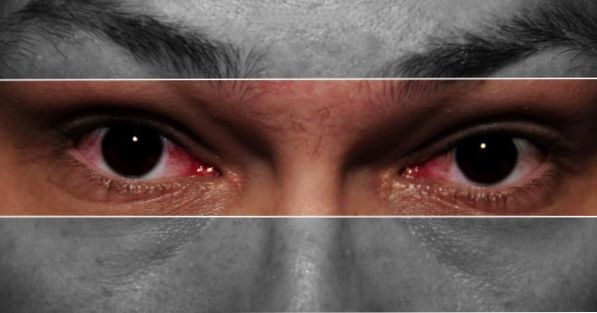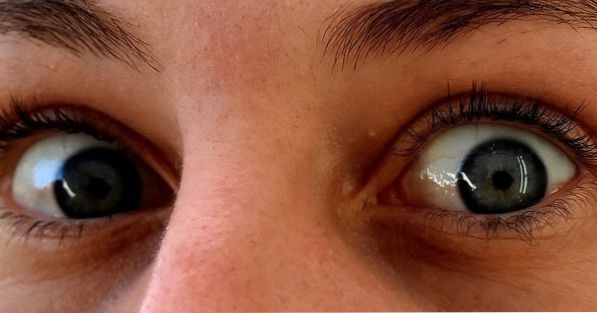Personality disorders are on the borderline between normality and the mental ilnesess. These disorders have specific characteristics that differentiate them from the mental disorders themselves.
People with personality disorders know that they have duties and are aware of right or wrong. However, they do not have defined and clarified moral consciousness. They are immature people, who do not acquire learning from the lived experiences to be able to be guided in the present time.
A person with personality disorder does not fit your environment, living outside the basic norms of the groups of the society.
This maladjustment to the environment in which he lives manifests itself in the form of aggression, excessive introversion, exaggerated exhibitionism, distrust without reason, among others.
These characteristics form the character of the person and remain throughout life, in a stable and inflexible way. These individuals cause suffering and discomfort to the people in their personal and family circle, and are also victims of their own attitudes.
However, these patients lack the ability to perceive the effects of their attitudes toward their suffering.
Therefore, although they are not mental illnesses themselves, personality disorders bring suffering and disturbances sufficient to fit into a psychiatric condition. The treatment is done with psychotherapy and medications.
Learn more at:
What are the types of personality disorder and its characteristics?
What are the symptoms of personality disorders?
What is the treatment for personality disorders?








